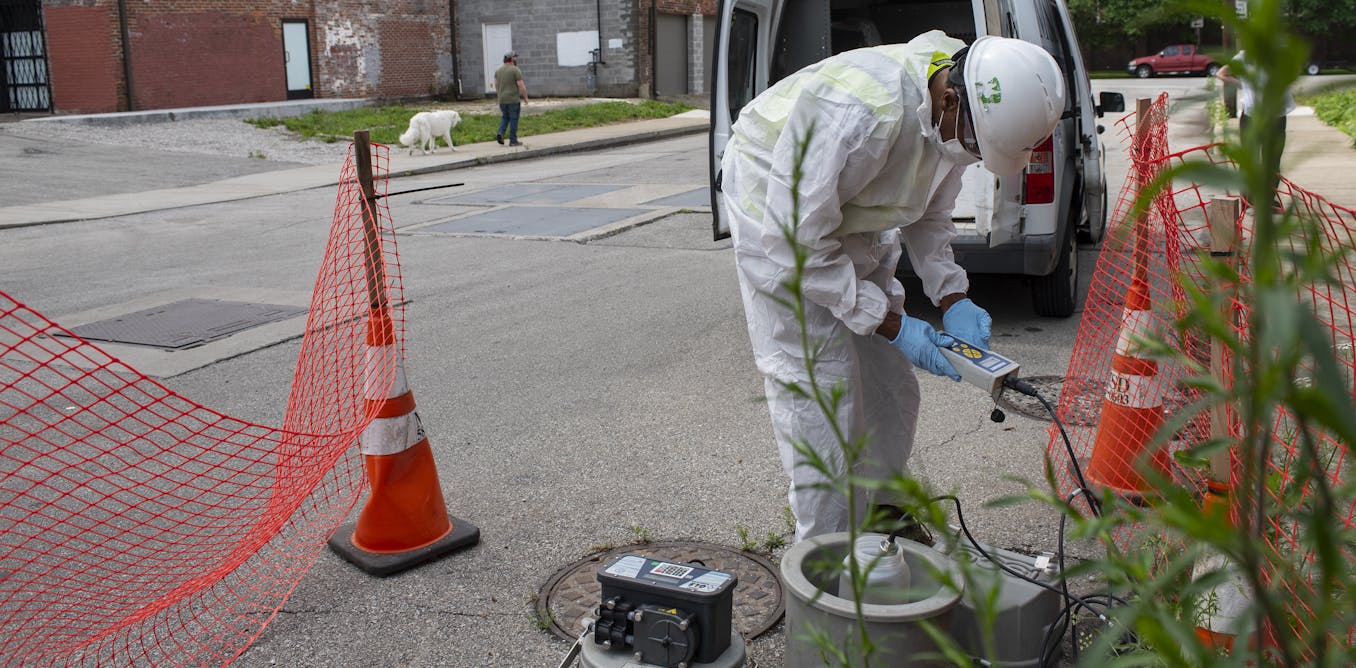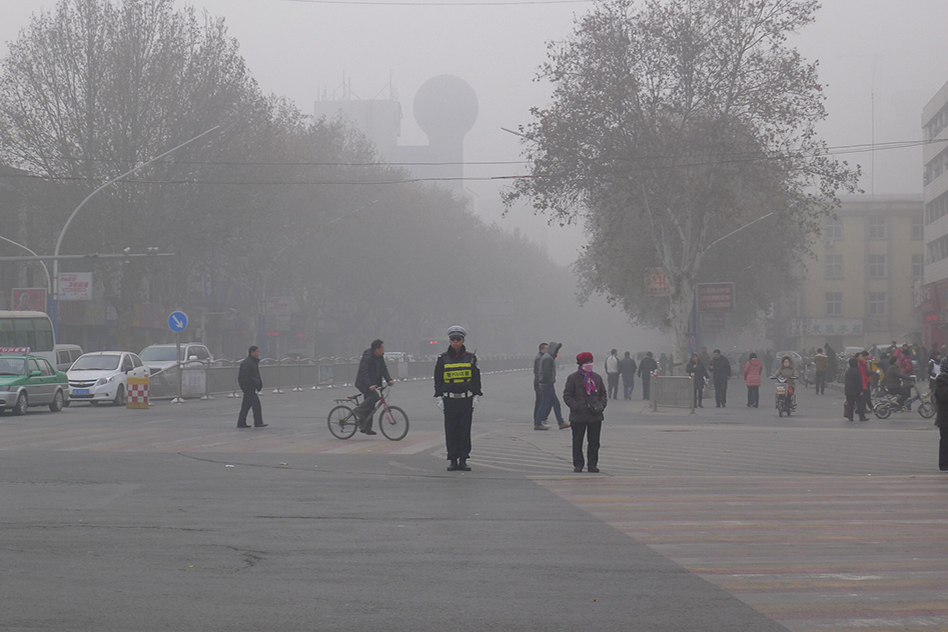Keeping 8 billion people healthy in a hotter, more crowded world -- 4 ways population and climate change put public health at risk
The human population has doubled in 48 years, and worsening climate change has left the world facing serious health risks, from infectious diseases to hunger and heat stress.
Nov. 10, 2022 • ~9 min
8 billion people: Four ways climate change and population growth combine to threaten public health, with global consequences
The human population has doubled in 48 years, and worsening climate change has left the world facing serious health risks, from infectious diseases to hunger and heat stress.
Nov. 10, 2022 • ~9 min
Understanding how news works can short-circuit the connection between social media use and vaccine hesitancy
Researchers identified a connection between low levels of media literacy and COVID-19 vaccine hesitancy in people who consume their news via social media.
Nov. 3, 2022 • ~5 min
Who sees what you flush? Wastewater surveillance for public health is on the rise, but a new survey reveals many US adults are still unaware
Public health officials monitor sewage in local communities to track COVID, polio, flu and more. But no one asks the people being monitored for their permission – raising some questions and concerns.
Oct. 31, 2022 • ~6 min
How to steer money for drinking water and sewer upgrades to the communities that need it most
Congress has approved billions of dollars to fix water and sewer systems across the US. But getting that money to needy communities depends on how states define a key word.
Oct. 10, 2022 • ~10 min
Breast cancer awareness campaigns too often overlook those with metastatic breast cancer – here's how they can do better
October is awash in seas of pink T-shirts, balloons and ribbons in honor of Breast Cancer Awareness Month. But this messaging fails to recognize people who are not cured of the disease.
Oct. 5, 2022 • ~10 min
People of color are as interested in buying electric cars as white consumers – the biggest obstacle is access to charging
Reducing air pollution from cars and light trucks would pay big health dividends for low-income and minority communities. A new survey shows how to get more drivers of color into electric vehicles.
Sept. 27, 2022 • ~6 min
'Men who have sex with men' originated during the HIV pandemic to focus on behavior rather than identity – but not everyone thinks the term helps
The term ‘MSM’ allows public health interventions to gloss over the social, political and cultural complexities of identity. But it’s not without its limitations.
Sept. 22, 2022 • ~7 min
/
44








